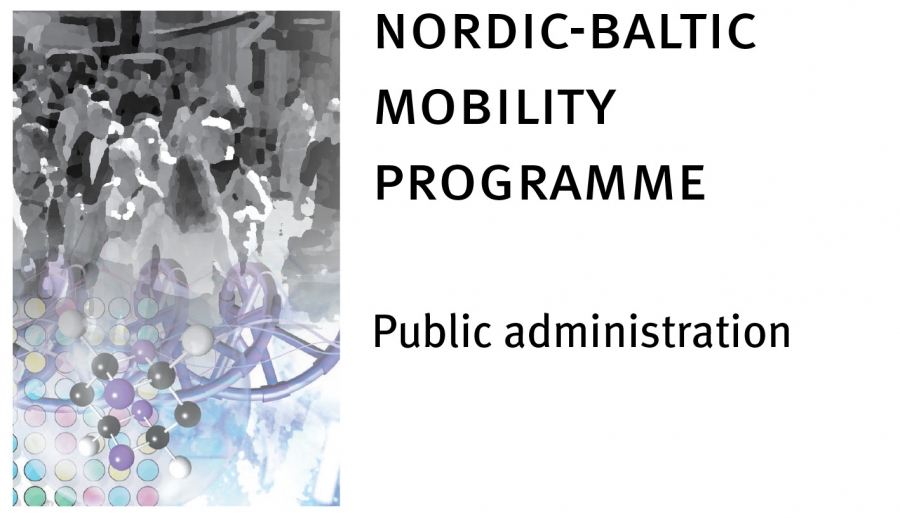Nordic and Baltic experts on national dietary surveys seek closer collaboration

Experts on national dietary surveys from all eight countries in the Nordic-Baltic region met in Tallinn in the beginning of October to share best practices and seek solutions to common challenges. The workshop ‘National dietary surveys in the Nordic and Baltic countries’ received a grant from the Nordic-Baltic Mobility Programme for Public Administration which aims to facilitate collaboration and sustainability in the region.
What has been the aim of this workshop?
Nutritionist, PhD Anna Karin Lindroos from the National Food Administration of Sweden: The aim is to share experiences between the countries in the Nordic-Baltic region; the experiences about how to carry out the national dietary surveys. Because we all struggle with methodological issues and it’s important that not every country to do their own thing but to learn from each other.
What are the main challenges that the countries face?
I think the main challenge is choice and implementation of dietary method, accuracy of the dietary data, how to raise the participation rate and also human and financial resources.
Has there been any Nordic-Baltic cooperation in this area before?
The Nordic countries have had a long tradition of networking on dietary surveys, but this is as far as I know the first meeting with all the Nordic and Baltic countries together. In addition all countries are involved in European collaborations within EFSA.
What could be the outcome of this collaboration? How could Nordic-Baltic region benefit from joint surveys or using the same methods in this field?
The most important outcome of this collaboration is to enhance skills and strengthen the countries’ work with dietary surveys. This is a narrow area and we can learn a lot from each other by exchanging experiences. By using similar methods we will be able to compare data across the different countries, share technical solutions and also send country specific data to EFSA.
It’s important to have good dietary data for many different reasons. Information on food consumption is for example important when evaluating the risk of possible hazards in food. Information on dietary intake can also be used to monitor changes in food intake, nutritional status and identify risk groups with a poor dietary intake.
Click here to find out more about the Nordic-Baltic Mobility Programme for Public Administration.


